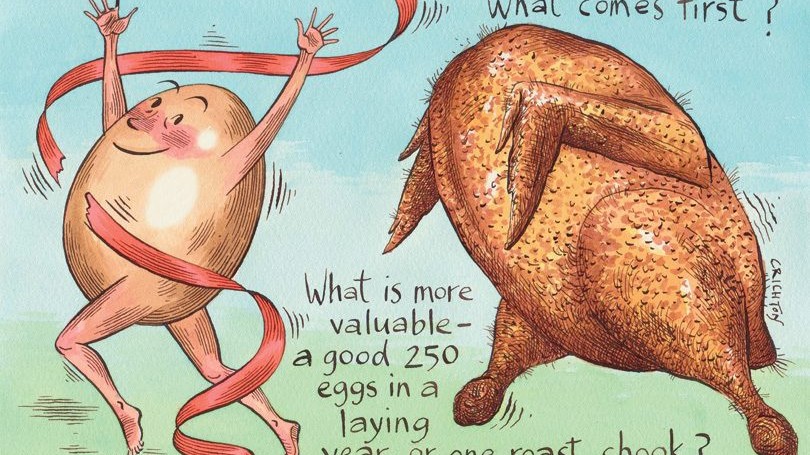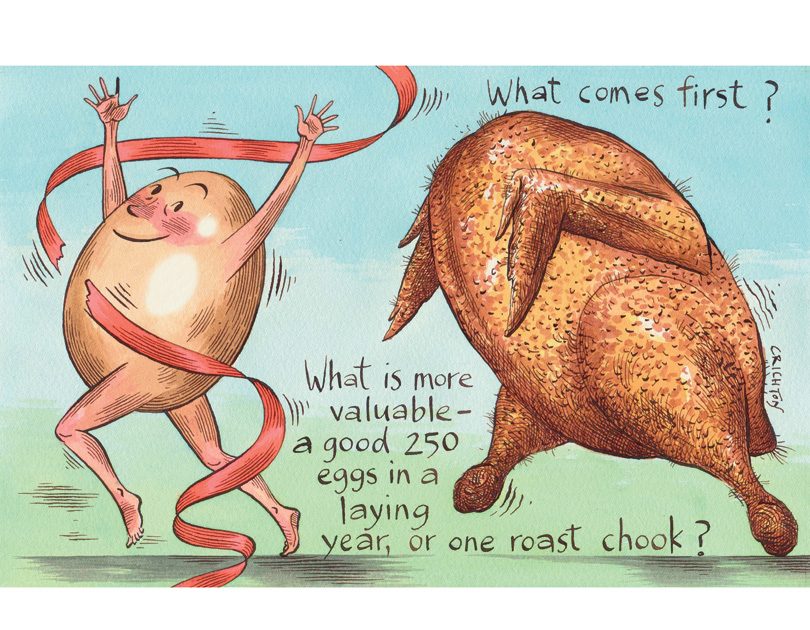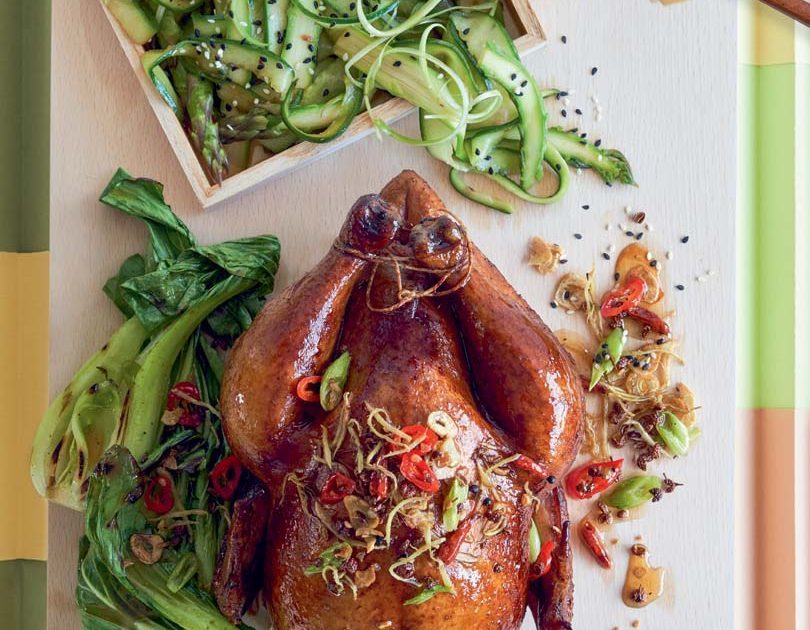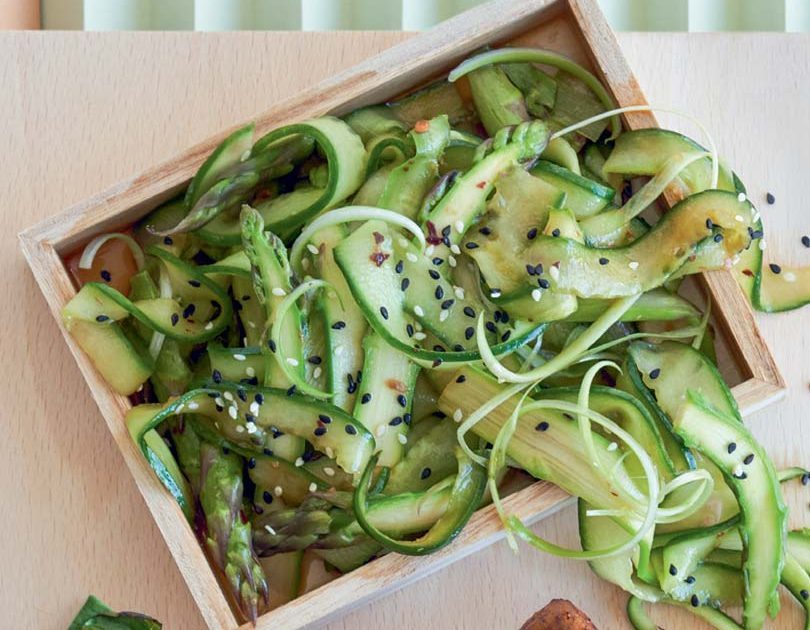KELLI BRETT considers the premium chook and the new ethics of eating
It used to be said that a good cook could produce a decent dish from any old scrawnbag of a chook. But these days, conversations with fellow food obsessives in New Zealand about chicken, seem to inevitably lead to the use of the ‘B’ word. When we decided to put a roast chook on the cover of this issue there was no question that it would be anything else but a Bostock. How has Bostock managed to become the superchook of the New Zealand market and the obvious choice for all of these people in the know?
Forecasts say New Zealand will produce more than 130 million chickens this year mainly from four major players: Brink’s, which owns the George & Jo’s free-range brand; Tegel, which owns the Rangitikei free-range brand; Ingham’s, which owns the Waitoa free-range brand; and Turk’s.
Chicken farmers Ben and George Bostock will deliver just 0.4% of those 130 million. They grow their chooks on an organic apple orchard where, along with the apples, they (the chooks, not Ben and George) scratch up bugs and also eat the grass. Inside the sheds they are fed organic grains grown by the farm. Bostock is New Zealand’s only organic free-range chicken farm and George tells me that their single biggest challenge is that many consumers think the Bostock method for farming is the same as the conventional free-range method.
“With conventional free range there are millions of birds being produced each week with no limit to the flock size, so there can be 40,000 chickens in one shed. In comparison, we are small scale and are raising the bar about 30 times when you see how our chickens live their lives compared to what is the standard required to gain free-range status in New Zealand. Our flock sizes are one-tenth the size of a normal freerange farm and we grow our chickens more slowly, so they can develop a better immune system and live a longer, happier life. This has a hugely positive effect on the quality of the meat.”
Organic standards limit the stocking size to 6,000 chickens per shed. Some of the Bostock sheds hold only 2,500 chickens and each shed provides over 10,000m2 of outside area for the birds to roam. This is not a requirement for conventional free range, which can hold more than six times that number. However, it is the commercial numbers produced for market that are the most telling.
Bostock delivers around 15,000 organic chooks per week and grows these across 36 sheds in two different locations. The conventional free-range big boys can produce the same amount in less than half of one of their sheds and deliver up to 500,000 chickens per week. Bostock are also the only producer to use an air-chilling method when processing, which requires a large room and is only achievable for small volumes. The conventional chilling method is to submerge the birds in cold water, and in order to process large numbers chlorine may be used in the water.
The chicken is one of the most aggressively farmed animals on our planet. All of New Zealand’s commercial chooks are of the Cobb or Ross variety – white, fast-growing birds that are designed for mass production. It takes a lot more time, work and money to raise a 100% certified organic chicken: Bostock chickens are grown for around 52 days as opposed to the conventional 30 days, they eat better, experience lower stock density in the sheds, can move more freely outdoors in natural light and do not consume antibiotics. It’s not rocket science to see that at the end of the day this accounts for better flavour. As cruel as it might sound, if we choose to eat meat, it needs to be worth it.
Do we really need to consume near on 130 million chickens every year? Veganism might be in fashion, but the no-meat diet is not the answer for many of us. Yet there is no denying that if we were prepared to eat less meat and pay more for it, we would all be better off. Of course, not everyone can afford to follow these new ethics of eating, but those of us who are in a position to choose and support a premium product should be stepping up and making an informed decision on the meat we consume.
Surely ‘free range’ should mean that the producer is more accountable to us for the treatment of the birds, respect for the environment and the superior flavour that we expect at a premium level? The Poultry Industry Association states that major free-range producers are independently audited by highly qualified companies to ensure welfare standards are met. Perhaps it’s time to think more about what your personal expectation is? A free-range label may not always mean that you get what you think you are paying for…
*No free chickens were offered or accepted during the making of this content.
SEE MORE FROM CUISINE
Try It… You’ll Like It Issue 231
Good things take time and, 27 years after the original tamarind…
Design File / Sam Griffin / Creative Director of CTRL Space / Auckland
I’ll need to come back in 50 years to talk again to Sam Griffin,…








